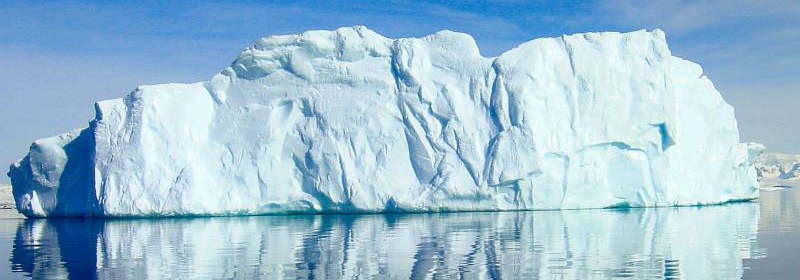In its inquisition of any organization that defies the Paris Accord, the UNFCCC at COP 25 in Santiago, Chili, will require the World Bank to defend its actions and establish whether it has stopped loans to developing countries for constructing coal-fired power plants.
It’s expected that the World bank will kowtow to the UNFCCC and submit that it will stop making loans for projects that support fossil fuels, such as loans for building refineries and pipelines in addition to coal-fired power plants.
It has already responded to criticism from the International Consortium of Investigative Journalists (ICIJ) by saying:
“The World Bank has ended its support for coal-fired power plants and has committed to stop almost all funding for oil and gas production by the end of 2019.”
In essence, the World Bank will deny loans to desperate people for low-cost electricity and force poor people to adopt investments that will limit their ability to get cheap electricity.
For example, the World Bank has entered into an agreement to provide battery storage for developing countries, despite its statement that such investments were not well founded.
“The World Bank said in a release that it believes the current market for batteries, driven by the electric vehicle industry, is producing mainstream technologies that ‘cannot provide long duration storage nor withstand harsh climatic conditions and low operation and maintenance capacity.’”
And, “Furthermore, developing countries are not as readily able to access other flexible energy resources such as natural gas to balance their networks as renewables penetration increases.”
Funds used for storage won’t be available for other investments that are better suited for helping desperate people in developing countries.
The United States has a 16% share of ownership in the World Bank and presumably provides 16% of the funding.
The United States has also ratified the UNFCCC treaty so will be a party to this inquisition.

The UNFCCC COP 25 meeting will require the World Bank and other financial institutions to explain how they are going to live up to the Paris Accord.
One participant said, “They [the World Bank] should make clear that they will fully decarbonize their energy portfolio on a clear timeline.”
The emphasis will be on decarbonization and not on helping poor people create better lives for themselves.
Poor people are expendable for the greater good. We have heard this before from socialist and communist governments.



